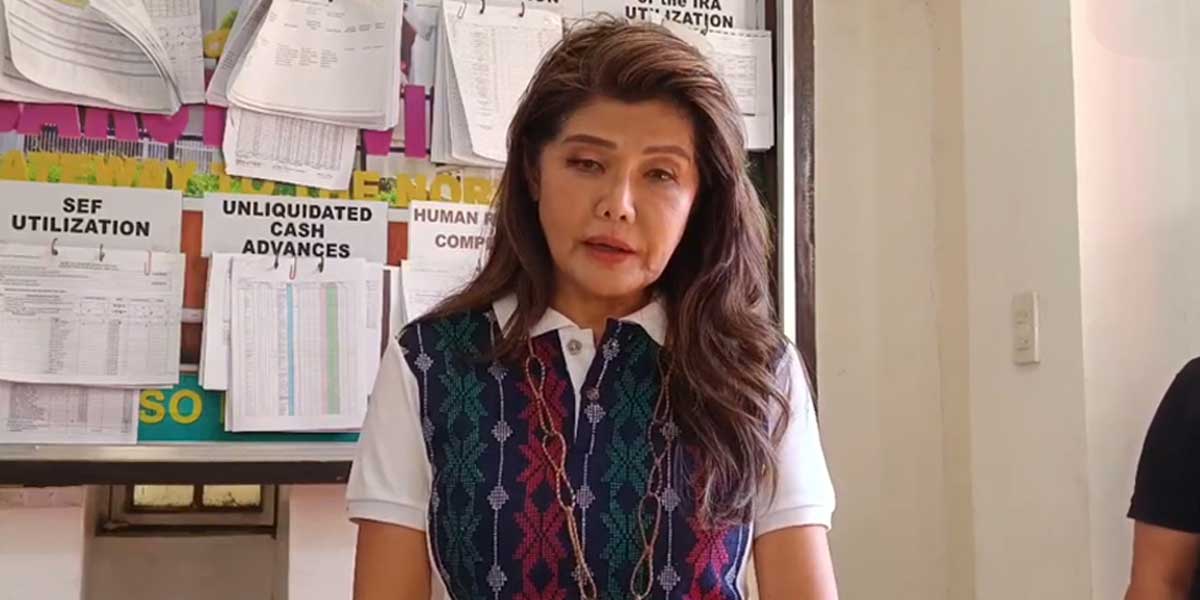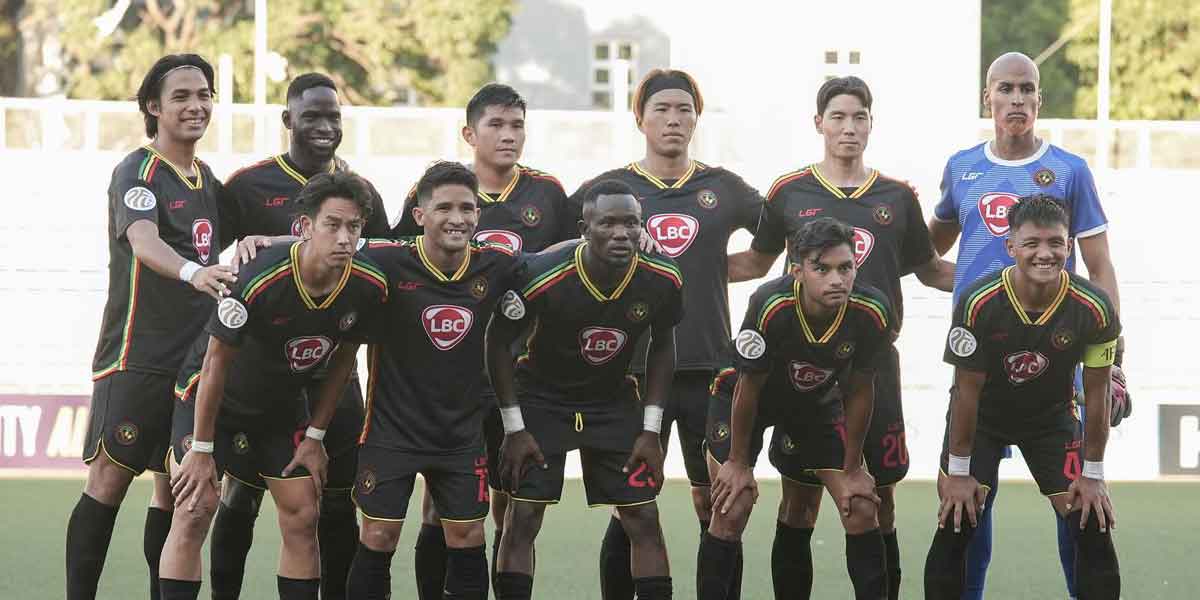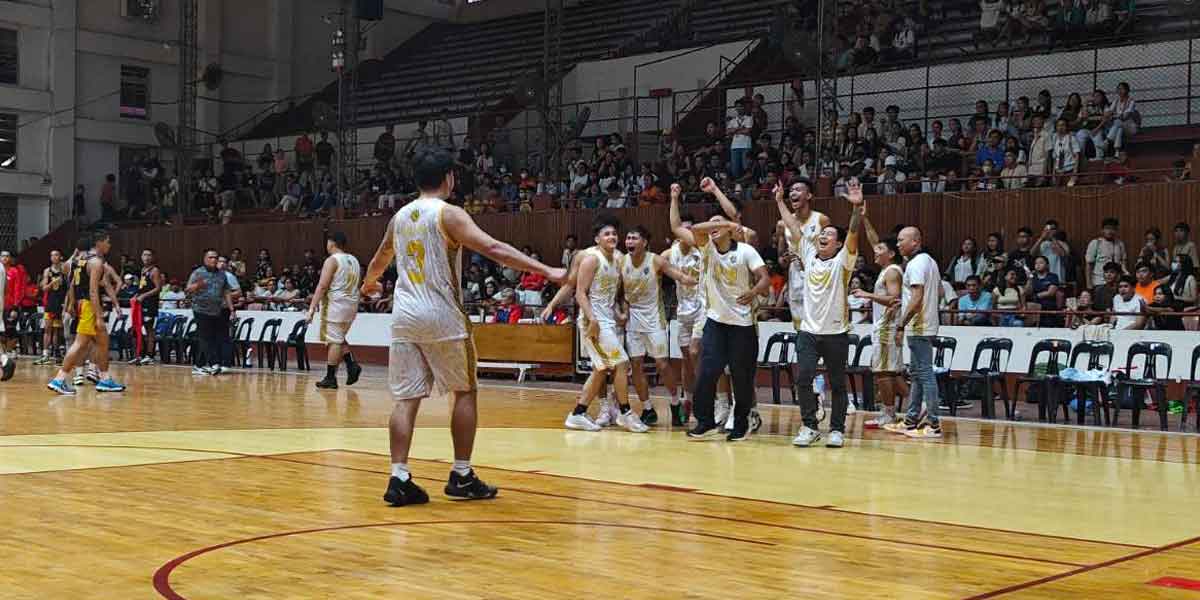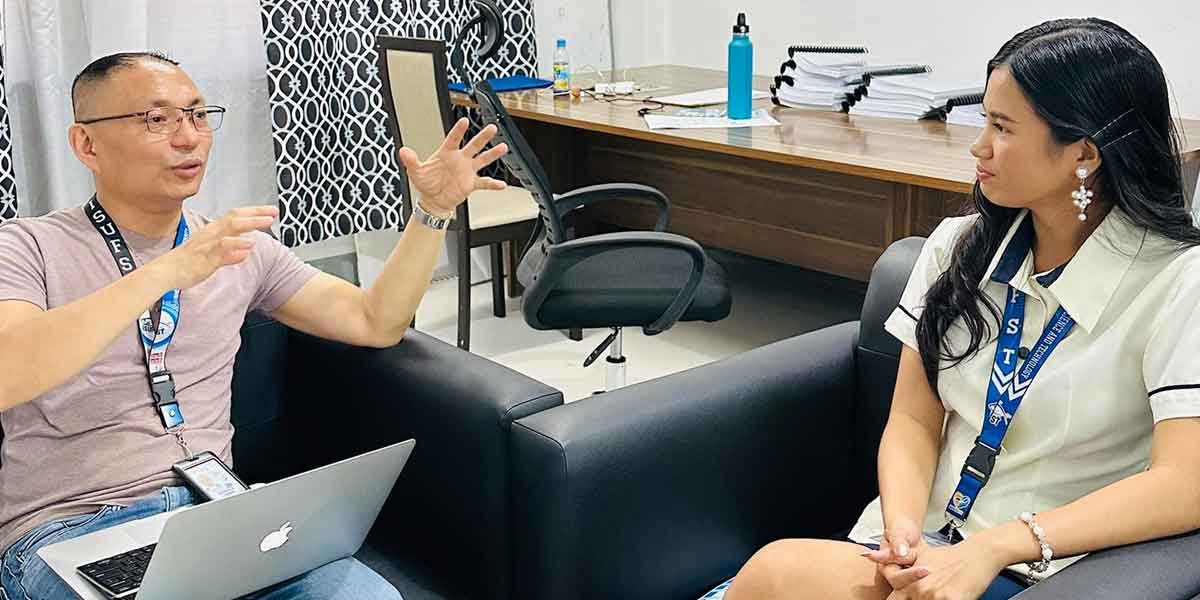
By Joseph B.A. Marzan
The Department of Social Welfare and Development-Region 6 (DSWD-6) on Thursday, November 3, honored the region’s best practices in children’s welfare, showcasing the capabilities of barangays in taking care of the youngest ones in their neighborhoods over the past year.
Barangay Zamora Melliza in Iloilo City’s City Proper district, with their documentary “Nonoy”, was named the Grand Winner of the 2021 Good Practice Participatory Video Documentation Contest in Mandurriao district on Thursday.
“Nonoy” depicts a Child In Conflict With the Law (CICL) who had transformed under a diversion program for CICLs and Children At Risk (CAR) after getting involved in a drug buy-bust operation in an Iloilo province town.
The docufilm also demonstrated the local Barangay Council for the Protection of Children’s Kabataang Zamora Melliza Ayos Ka (KAZAMA KA) program, which uses positive peer reinforcement as well as sports programs aimed at reformation and better well-being for the village’s youth.
The titular character featured here, who appears only in a voice-over, stated that because of the program, he was able to learn more things, follow his parents, use his time wisely with the barangay, and eventually return to formal education.
Following this docufilm was “Manggad/Yaman” by Brgy. Cabanbanan of Oton town in Iloilo province in second place, which also won the Audience Choice award.
Consolation prizes were given to “Nadine” by Brgy. Janipa-an East (Mina, Iloilo), and “Paglaum” by Brgy. Baldoza (La Paz, Iloilo City) which also won Best Production and Editing.
The contest was launched in 2021 by the Juvenile Justice Welfare Council (JJWC) as part of its 15th anniversary, which aimed to “recognize responsive, innovative, and sustainable practices and programs of LGUs on the proper implementation of Republic Act 9344 as amended amidst the COVID-19 Pandemic and in the new normal, as well as to create a venue for sharing good practices among LGUs and implementers.”
The DSWD-6’s data as of the 3rd quarter indicated that there have been 648 CICLs in Western Visayas so far this year, already close to equaling last year’s number (670).
This year’s figure includes 55 from Aklan, 25 from Antique, 62 from Capiz, 101 from Guimaras, 108 from Iloilo province, 76 from Iloilo City, and 221 from Negros Occidental (including Bacolod City).
CICLs are defined by Section 4(e) Republic Act No. 9344 (Juvenile Justice Welfare Act of 2006) as those who are “alleged as, accused of, or adjudged as, having committed an offense under Philippine laws.”
The agency also logged 911 CARs this year, which comprise 39 from Aklan, 22 from Antique, 9 from Capiz, 107 from Guimaras, 203 from Iloilo province, 187 from Iloilo City, and 344 from Negros Occidental (including Bacolod City).
Under Section 4(d) of Rep. Act No. 9344, CARs are those who are vulnerable to and at the risk of committing criminal offenses because of personal, family and social circumstances, such as, but not limited to:
– being abused by any person through sexual, physical, psychological, mental, economic or any other means and the parents or guardian refuse, are unwilling, or unable to provide protection for the child;
– being exploited including sexually or economically;
– being abandoned or neglected, and after diligent search and inquiry, the parent or guardian cannot be found;
– coming from a dysfunctional or broken family or without a parent or guardian;
– being out of school;
– being a street child;
– being a member of a gang;
– living in a community with a high level of criminality or drug abuse; and
– living in situations of armed conflict.
The awarding ceremony was part of the launch of the 2022 National Children’s Month celebration, with the theme “Kalusugan, Kaisipan, Kapakanan ng Bawat Bata Ating Tutukan” (Let’s Focus on Health, Mind, and Welfare of Every Child).
Rep. Act No. 10661 (National Children’s Month Act) provides for the annual celebration, to commemorate the country’s United Nations General Assembly’s adoption of the Convention on the Rights of the Child on November 20, 1989.
The month-long celebration seeks to instill its significance in the Filipino consciousness and to sustain the promotion and protection of children’s rights and welfare.
The DSWD, the Council for the Welfare of Children, and the National Youth Commission are designated by Rep. Act No. 10661 to lead the celebrations.



















